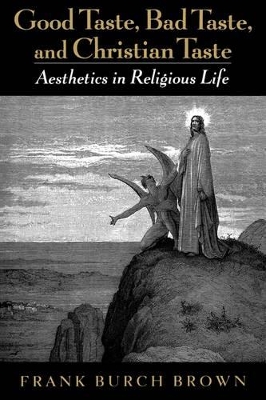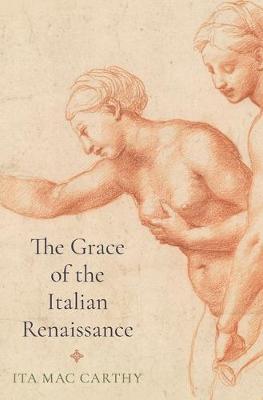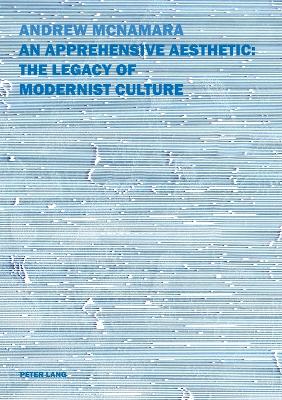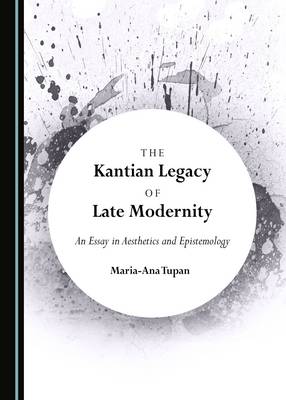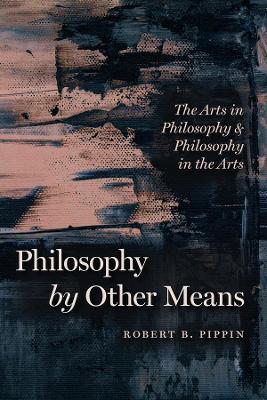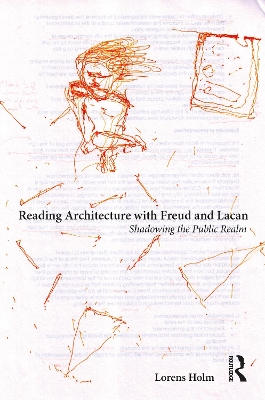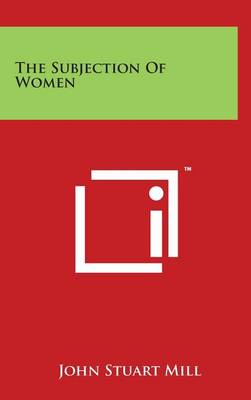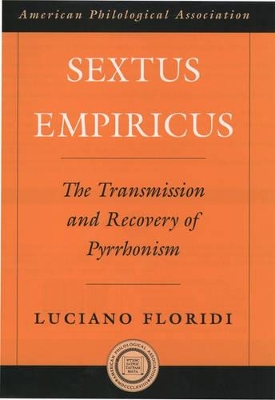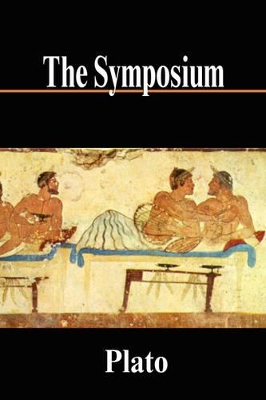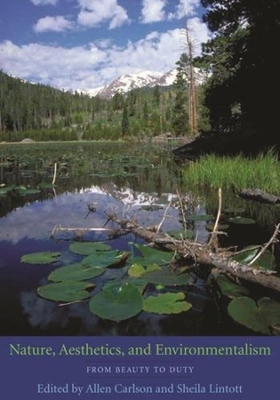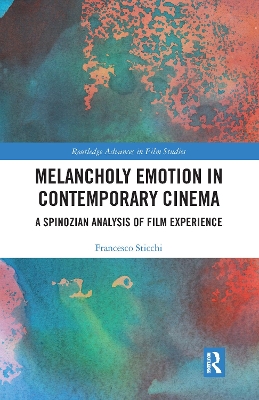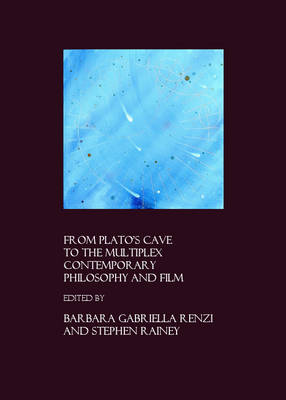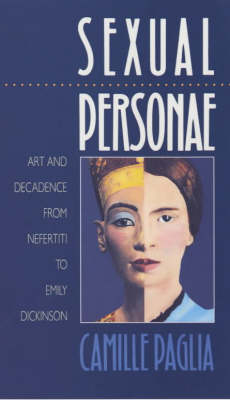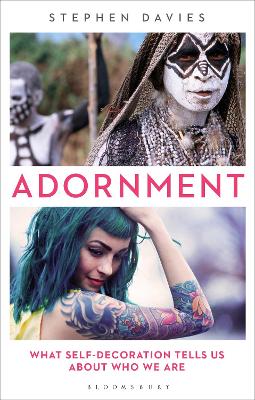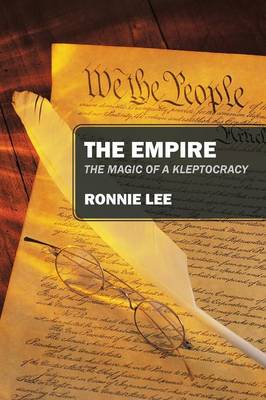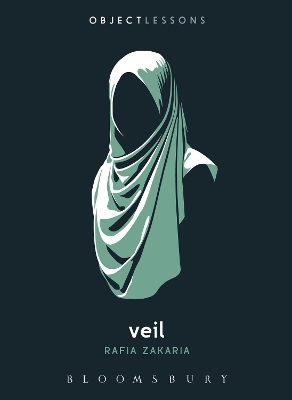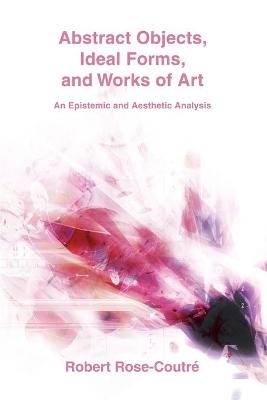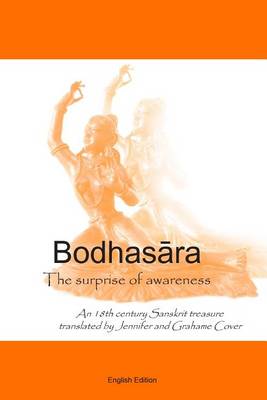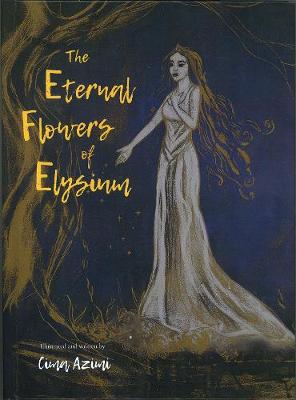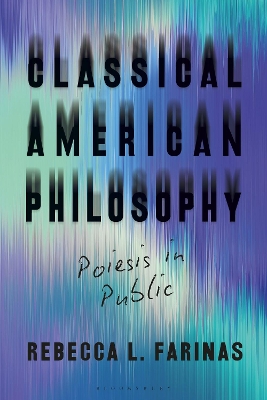Christians frequently come into conflict with themselves and others over such matters as music, popular culture, and worship style. Yet they usually lack any theology of art or taste adequate to deal with aesthetic disputes. In this provocative book, Frank Burch Brown offers a constructive, "ecumenical" approach to artistic taste and aesthetic judgment-a non-elitist but discriminating theological aesthetics that has "teeth but no fangs." While grounded in history and theory, this book takes up...
How grace shaped the Renaissance in Italy"Grace" emerges as a keyword in the culture and society of sixteenth-century Italy. The Grace of the Italian Renaissance explores how it conveys and connects the most pressing ethical, social and aesthetic concerns of an age concerned with the reactivation of ancient ideas in a changing world. The book reassesses artists such as Francesco del Cossa, Raphael and Michelangelo and explores anew writers like Castiglione, Ariosto, Tullia d'Aragona and Vittoria...
The book was awarded The Art Association of Australia and New Zealand Book Prize in 2010. Art continues to bemuse and confuse many people today. Yet, its critical analyses are saturated with daunting analyses of contemporary art's exhaustion, its predictability or its absorption into global commercial culture. In this book, the author seeks to clarify this apprehensive perception of art. He argues it is a consequence not only of confounding art-works, but also of the paradoxical impetus of a cu...
By drawing some parallels between the history of ideas and literary discourses of late modernity, this book traces the influence exerted by Immanuel Kant, either directly or through the mediation of Henri Bergson's intuitionism, Edmund Husserl's phenomenology, Max Dessoir's psychological aesthetics, Hans Vaihinger's als ob fictionalism, or Karl Popper's logical positivism. As the argument goes, background radiation of the Kantian revolution can be detected even in semiotic poetics, quantum pro...
Critical Models combines into a single volume two of Adorno's most important postwar works - Interventions: Nine Critical Models (1963) and Catchwords: Critical Models II (1969). Written after his return to Germany in 1949, the articles, essays, and radio talks included in this volume speak to the pressing political, cultural, and philosophical concerns of the postwar era. The pieces in Critical Models reflect the intellectually provocative as well as the practical Adorno as he addresses such is...
Angstst rung berwinden (Angstst rung berwinden, #1)
by Karin Pehar
Throughout his career, Robert B. Pippin has examined the relationship between philosophy and the arts. With his writings on film, literature, and visual modernism, he has shown that there are aesthetic objects that cannot be properly understood unless we acknowledge and reflect on the philosophical concerns that are integral to their meaning. His latest book, Philosophy by Other Means, extends this trajectory, offering a collection of essays that present profound considerations of philosophical...
Reading Architecture with Freud and Lacan - Shadowing the Public Realm methodically outlines key concepts in psychoanalytic discourse by reading them against key modern and post-modern architects. It begins with what is arguably, the central concept for each discipline, by putting the unconscious in a dialectic relation to space. Each subsequent chapter begins with a detail in architectural discourse, a kind of provocation that anchors each excursion into the thought of Freud and Lacan. The text...
The Subjection of Women (Elecbook Classics) (John Stuart Mill)
by John Stuart Mill
In seeking to explain his opinions on a timeless subject--the relations between the sexes--John Stuart Mill admits that he has undertaken an arduous task. For "there are so many causes tending to make the feelings connected with this subject the most intense and most deeply-rooted of all those which gather round and protect old institutions and customs, that we need not wonder to find them as yet less undermined and loosened than any of the rest by the progress of the great modern spiritual and...
Sextus Empiricus (Society for Classical Studies American Classical Studies)
by Luciano Floridi
The subject is Sextus Empiricus, one the chief sources of information on ancient philosophy and one of the most influential authors in the history of skepticism. Sextus' works have had an extraordinary influence on western philosophy, and this book provides the first exhaustive and detailed study of their recovery, transmission, and intellectual influence through Late Antiquity, the Middle Ages, and the Renaissance. This study deals with Sextus' biography, as well as the history of the availabil...
Nature, Aesthetics, and Environmentalism
Environmental aesthetics is an emerging field of study that focuses on nature's aesthetic value as well as on its ethical and environmental implications. Drawing on the research of a number of disciplines, this exciting new area speaks to scholars working in a range of fields, including not only philosophy, but also environmental and cultural studies, public policy and planning, social and political theory, landscape design and management, and art and architecture. Nature, Aesthetics, and Envir...
Melancholy Emotion in Contemporary Cinema (Routledge Advances in Film Studies)
by Francesco Sticchi
This work outlines a new methodology for film analysis based on the radical materialist thought of Baruch Spinoza, re-evaluating contemporary cognitive media theory and philosophical theories on the emotional and intellectual aspects of film experience. Sticchi’s exploration of Spinozian philosophy creates an experiential constructive model to blend the affective and intellectual aspects of cognition, and to combine it with different philosophical interpretations of film theory. Spinoza’s embod...
From Plato's Cave to the Multiplex
This is a rich and varied collection of articles that both offer philosophical analyses of film and reflect on philosophical questions through film. The pieces range widely, from discussions of specific films and the work of particular directors, to reflections on cinematic techniques and on the medium of cinema in general. Here, cinema enters into a genuinely productive interaction with philosophy. We see how philosophical perspectives and methods are able to inform the critical analysis of fil...
Sexual Personae (Yale Nota Bene) (Penguin literary criticism)
by Camille Paglia
Is Emily Dickinson "the female Sade"? Is Donatello's David a bit of paedophile pornography? What is the secret kinship between Byron and Elvis Presley, between the Medusa and Madonna? How do liberals and feminists - as well as conservatives - fatally misread human nature? This audacious and omnivorously learned work of guerilla scholarship offers nothing less than a unified-field theory of Western culture, high and low, since the Egyptians invented beauty - making a persuasive case for all art a...
Elaborating the history, variety, pervasiveness, and function of the adornments and ornaments with which we beautify ourselves, this book takes in human prehistory, ancient civilizations, hunter-foragers, and present-day industrial societies to tell a captivating story of hair, skin, and make-up practices across times and cultures. From the decline of the hat, the function of jewelry and popularity of tattooing to the wealth of grave goods found in the Upper Paleolithic burials and body paint...
Object Lessons is a series of short, beautifully designed books about the hidden lives of ordinary things. The veil can be an instrument of feminist empowerment, and veiled anonymity can confer power to women. Starting from her own marriage ceremony at which she first wore a full veil, Rafia Zakaria examines how veils do more than they get credit for. Part memoir and part philosophical investigation, Veil questions that what is seen is always good and free, and that what is veiled can only s...
Abstract Objects, Ideal Forms, and Works of Art
by Robert Rose-Coutre
Bodhasara The surprise of awareness, the English version
by Grahame Cover and Jennifer Cover
In Classical American Philosophy: Poiesis in the Public Square, Rebecca Farinas takes seven major figures from the American philosophical canon and examines their relationship with an artistic or scientific interlocutor. It is a unique insight into the origins of American philosophy and through case studies such as the friendship between Alain Locke and the biologist E.E. Just and the collaboration between Jane Addams and George Herbert Mead, Farinas provides a new insight into the...
